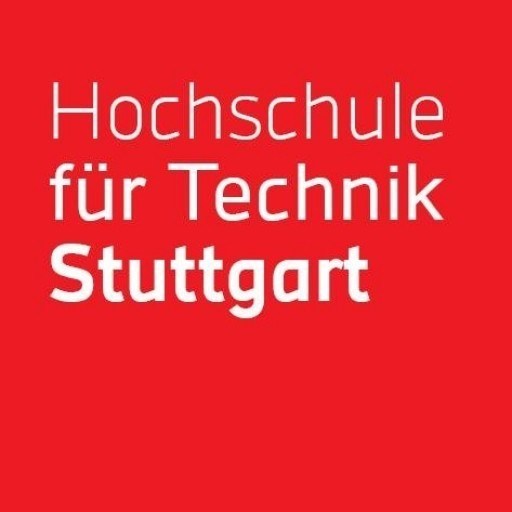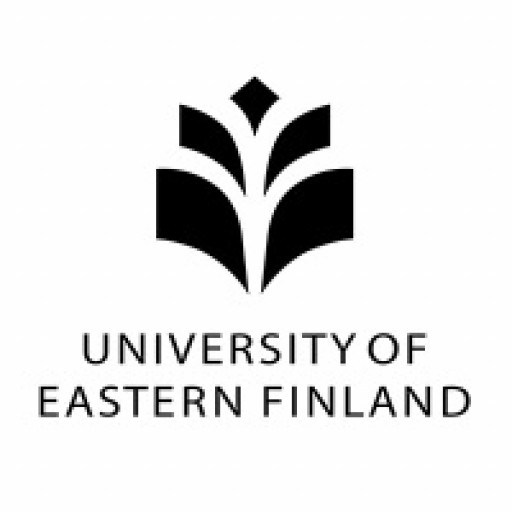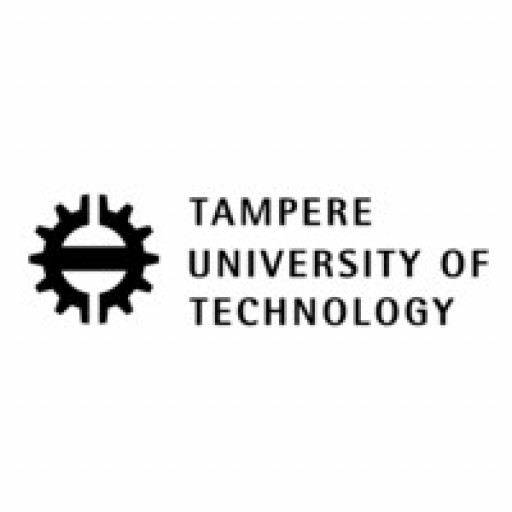Photos of university / #imperialcollege
Optics is of key importance to many industry sectors including medic, ICT and high-tech manufacturing.
Imperial has offered an advanced course in optics for over 80 years and the current MSc in Optics and Photonics draws on our experience as one of the largest centres for optics-based research and application in the UK.
The course includes substantial laboratory and project work, often based within industry. There is also a chance to undertake a self-study project in an area of your choice. You finish with a four-month, full-time project, which may be in industry, an academic research group or abroad.
Graduates of this course are well qualified to apply their knowledge in a wide range of industrial contexts, as well as in a research environment. They find employment with a variety of careers in industry and many move on to doctoral studies at leading universities in the UK and abroad.
Modules shown are for the current academic year, and are subject to change depending on your year of entry.
A part-time course lasting two years is also available for students working for an appropriate organisation in the optics field.
We offer a wide range of core and optional courses, taught by experts in the field, allowing you to develop specialist knowledge across a wide range of optics.
The main coursework (i.e. lectures and laboratory work) takes place in the first two terms. The first term consists of foundation courses (80 hours of lectures) and laboratory work. In the second term, you choose a further 80 hours of lectures from the option courses available and there is a laboratory project to design and build a working optical system.
Laboratory work is recognised as an important element of the course and you will be required to undertake a total of approximately 160 hours.
Throughout the course, seminars by Imperial staff and industrial specialists will provide examples of both technical/scientific innovation and of entrepreneurship in research and industry.
A self-study activity in the second term is an introduction to project work (over approximately 50 hours) and is designed to encourage initiative and self-sufficiency in the learning process. It is assessed by a written report and oral presentation. This is one of several activities focused on developing your transferable skills.
You will spend the months of May to September on a major project, which is often carried out in industry.
Written examinations are held in January and April/May, whilst the laboratory work is continually assessed during the course. The final project is assessed by oral presentations and a dissertation submitted in September.
MODULES
Core modules
- Imaging
- Optical communications physics
- Lasers
- Optical measurement and devices
- Laboratory work
- Self-study project
- Four-month research project
Optional modules
- Biomedical optics
- Laser optics
- Laser technology
- Non-linear optics
- Fibre technology
- Optical design
- Optical design laboratory
- Optical displays
- Optoelectronic components and devices
- Photonics structures
- Quantum optics
Note: optional modules are subject to change
The course is suitable for appropriately qualified students with a first degree in physics, mathematics or electrical engineering, or for candidates who show other evidence of appropriate qualifications.
If your first degree is from a country other than the UK, you may find the guidelines within our Country Index helpful. Please note that these guidelines indicate the College minimum.
Want to improve your English level for admission?
Prepare for the program requirements with English Online by the British Council.
- ✔️ Flexible study schedule
- ✔️ Experienced teachers
- ✔️ Certificate upon completion
📘 Recommended for students with an IELTS level of 6.0 or below.
A Postgraduate Certificate and Postgraduate Diploma are not available on this programme.
Tuition fees (2015–2016):
- Home/EU Part-time — £4,500 per year
- Overseas Part-time — £12,000 per year










